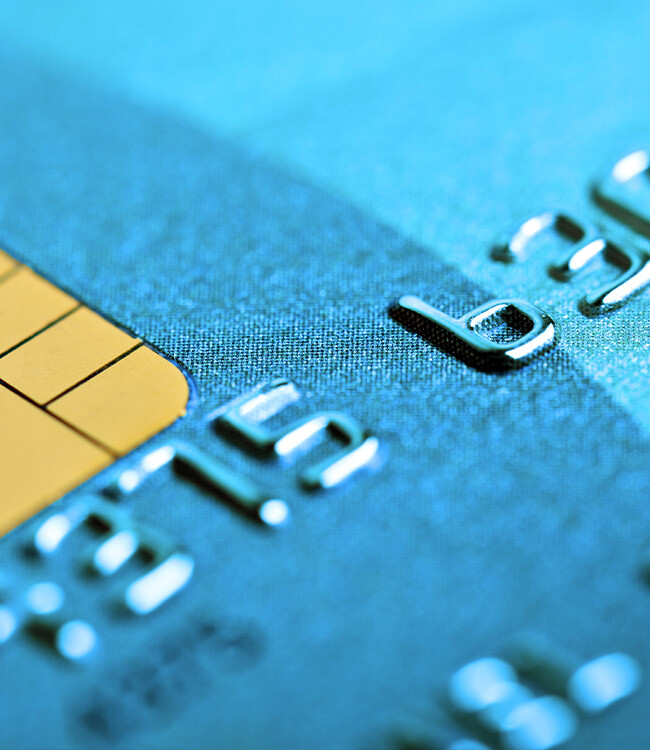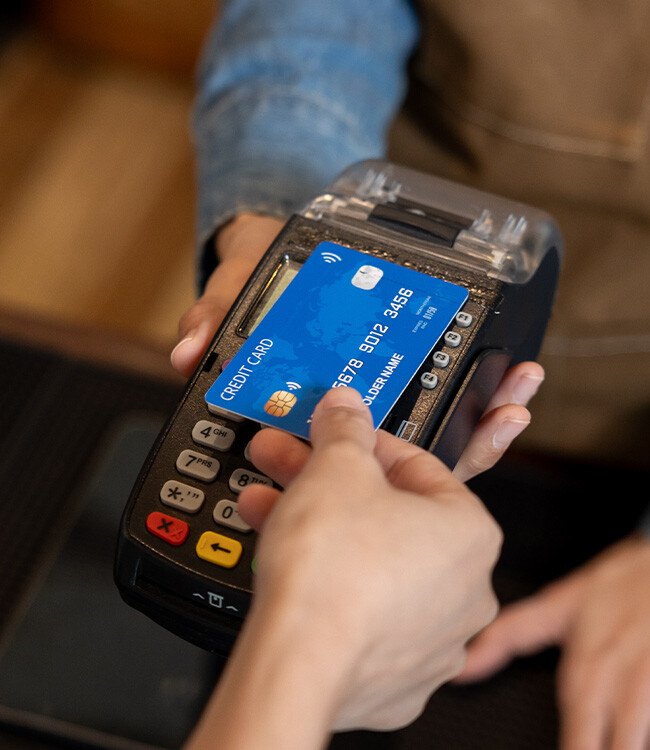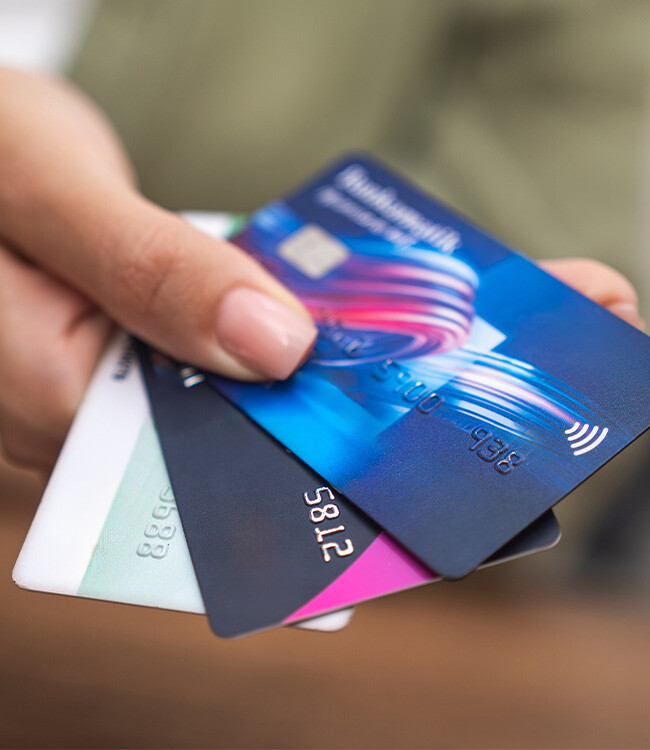Robinhoods epic fail: 3 learnings for banks
In case you haven’t heard, Robinhood, the fintech trading app that reportedly now has more users than E-Trade, made an embarrassing about-face last week after shutting down its revolutionary new “Robinhood Checking & Savings” product – which promised 3% interest and no fees – just one day after launch. The reason: regulatory concerns, specifically related to how customer savings would be insured.
In a blog post, Robinhood’s founders acknowledged the confusion they had caused and promised to start working with regulators as they plan a relaunch with new positioning, marketing materials and a new name. You can now sign up on Robinhood’s website to receive early notification for something called “cash management.”
There are clearly lessons here for fintech companies, as explained earlier this week by CNBC’s Kate Rooney, but there are also some good lessons for marketers at more established financial institutions.
It’s all about trust
In the battle between challenger and incumbent there is an opportunity to convey trustworthiness through marketing.
If anything, this is a stark reminder of the importance of trust when it comes to selecting a financial services provider as consumers need to know their money is safe. According to Mintel research, the majority of US consumers need to trust their bank to feel that their finances are secure. Despite a turbulent decade, most still do, giving established brands a competitive advantage over new entrants and non-bank fintech’s like Robinhood. In the battle between challenger and incumbent there is an opportunity to convey trustworthiness through marketing, as long as it is not disingenuous, and to reassure consumers that their money is safe.
It’s a new world
Unfortunately, safe shouldn’t have to mean a 0.1% APY. Interest rates on savings accounts are rising and banks need to catch up. Challenger savings brands such as Marcus, American Express and Discover all now offer 2% APY or more and Robinhood’s promise of an eye-popping 3% was getting a lot of attention. In recent years, savings accounts have held very little allure due to their low rate of return, but things are starting to get interesting. The threat is that money will finally start to move if traditional banks don’t become more competitive as fintech’s are out to eat their lunch, and not just on rates, but on the entire experience.
Heed the early warning
A cash management product from Robinhood is coming and competitors are in the unusual position of having a preview of it and potential elements of the launch strategy, even if things change. Robinhood clearly invested a lot in its announcement, creating a diverse paid Facebook campaign to promote it on the day of the launch which it retracted immediately after the backlash began. Part of the problem, according to regulators, was the positioning in its advertisements as a bank account, rather than an investment account, so expect that to change. However, given the success it appeared to have with paid Facebook advertisements and in-app referrals (nearly 900k had registered interest as of Dec. 18, according to the site), these components of the strategy will likely be repeated.
A lot depends on how the product evolves now that regulators are involved, but that should not be a reason for complacency as Robinhood’s attempted launch is a sure sign of more disruption to come.

Andrew Davidson, Chief Insights Officer at Mintel Comperemedia, is a leading authority in financial services marketing, providing expert insights through his articles, industry speaking engagements, and as host of the Mintel Little Conversation podcast.
-
Discover your next big breakthroughGet smart fast with our exclusive market research reports, delivering the latest data, innovation, trends and strategic recommendations....View Reports
-
2026 Global PredictionsOur Predictions go beyond traditional trend analysis. Download to get the predictive intelligence and strategic framework to shape the future of your industry in 2026 and beyond. ...Download now
-
Are you after more tailored solutions to help drive Consumer Demand, Market Expansion or Innovation Strategy?Ask for a customised strategic solution from Mintel Consulting today....Find out more


































